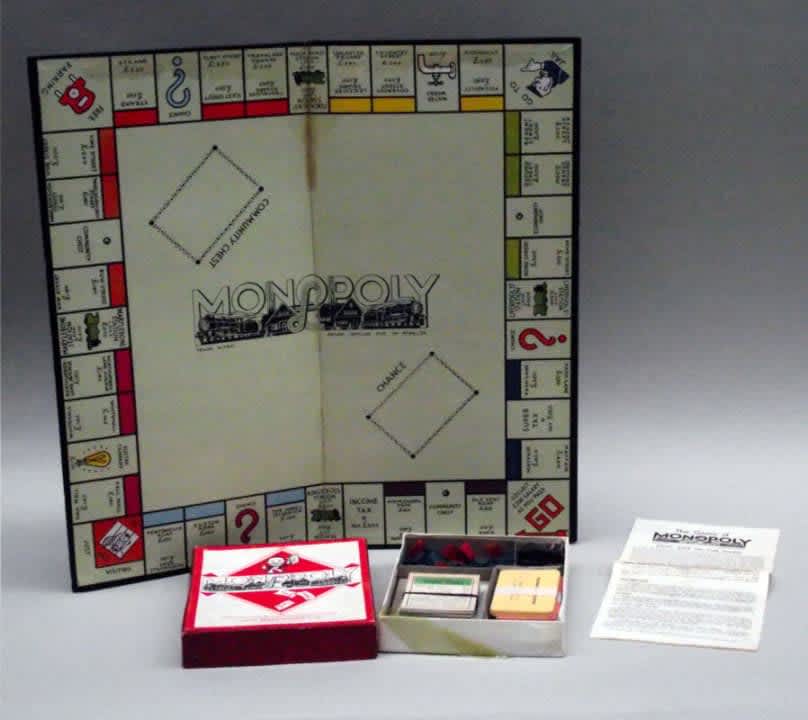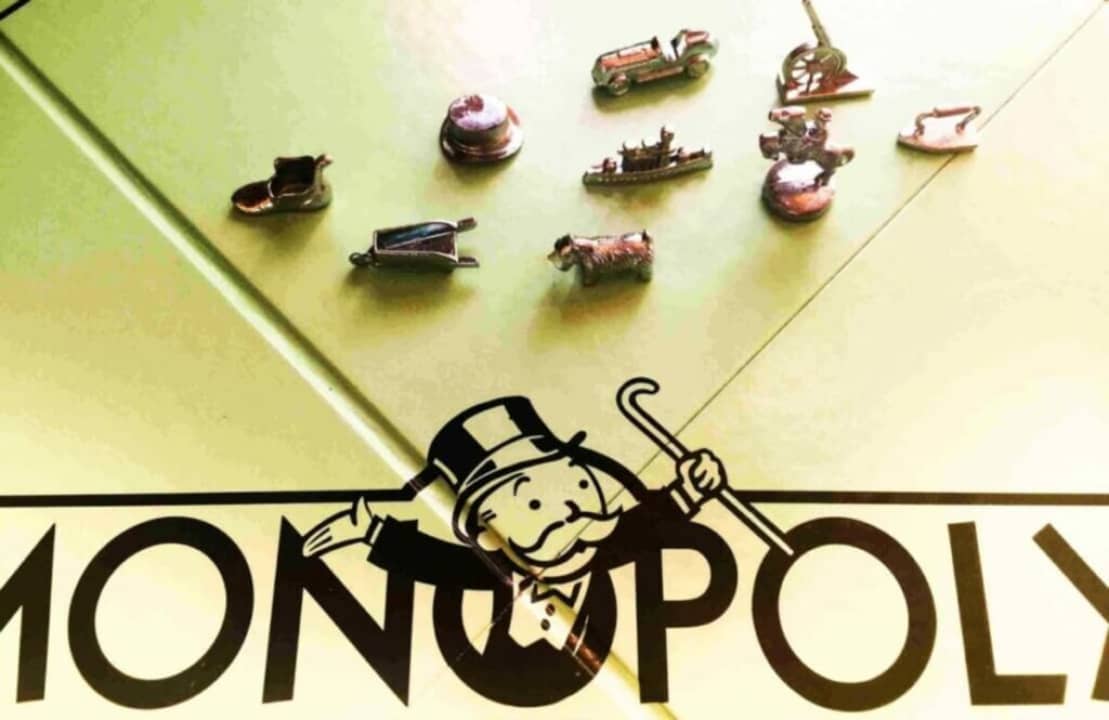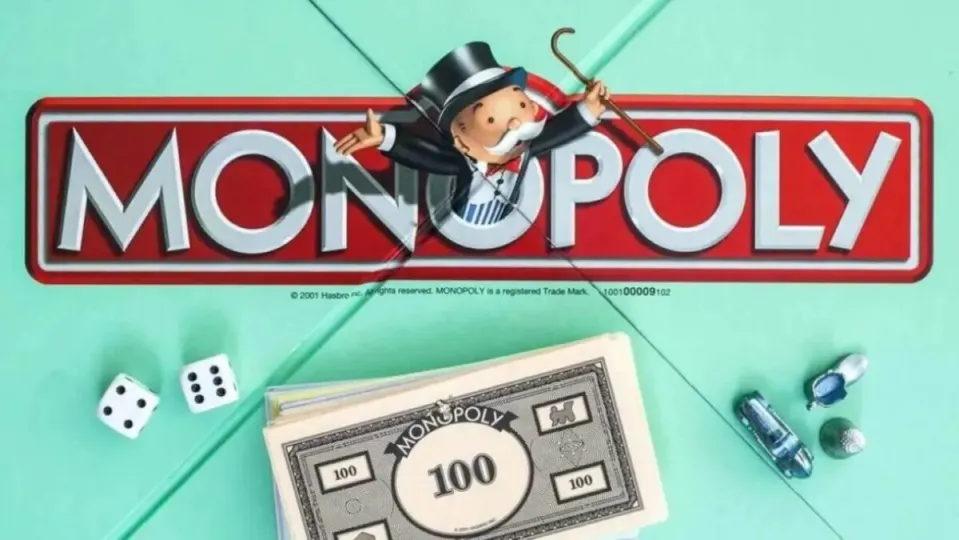The year is 1941: World War II rages in Europe, and British prisoners are falling into Nazi hands by the handful. However, a handful of them seem to be successfully escaping from German prisons. How is this possible? What were the jailers overlooking? They had made sure that they received nothing beyond the bare necessities: clothes, food and a game of ‘Monopoly’ to keep them entertained.
Get out of jail
“Go to jail. Go directly without passing through the Exit box and without collecting the 20,000 pesetas”. If you had a ‘Monopoly’ in the 90’s you know perfectly well how many hours it could last until someone decided to withdraw from the game or went bankrupt buying hotels. It is the quintessential capitalist game (although it was born with the opposite idea in 1903) and it is difficult to tell something about it that you don’t know.
But there is a period when perhaps the least important thing in the world was ‘Monopoly’: obviously, during World War II. And yet, it became an indispensable ally in helping imprisoned soldiers get out of jail. But how? It all starts with one man, Christopher Clayton Hutton: soldier, escape artist, secret service employee, inventor in the Q style of James Bond movies. It was he who came up with the great idea of teaming up with Waddington’s, the board game company that, among others, first published ‘Cluedo’. But not to introduce a new board game to entertain children during the war, but to… get his own out of prison.

The escape kit that went past the Nazis as if it were humanitarian aid contained a silk map of different European countries on which were marked the safe houses, the places to go, knives, miniature compasses, pieces of metal (all posing as real pieces), rope and, what is even better, real money… placed exactly under the money in the game. But how is it possible that no one noticed?
Hidden in plain sight
As if it were a movie (and oddly enough, no one has made the biopic yet), Waddington’s and Hutton hid the maps and utensils inside the Monopoly boards: being made of silk and not paper, the maps held water well and could easily be hidden in a small place. Also, since they didn’t make any noise, they didn’t attract the attention of the guards. Not that they had to figure all this out on their own: before going on a mission, the British already knew that the fake Monopolys existed.

You may be thinking that it doesn’t make any sense that enemies would allow their prisoners to play board games, but the truth is that the Geneva Convention allowed NGOs to send them to keep their minds active. Besides, the Germans figured that, as long as they played, they wouldn’t make escape plans. Spoiler: it goes wrong.
These games could easily be mistaken for real Monopolys, and the only way prisoners could tell it was their key to freedom was by a red dot in the Free Parking box. Obviously, after using them, the soldiers had to destroy the games so that the Germans would not know how they had managed to escape. It may sound like something out of a ‘Mission Impossible’ movie, but the truth is that thousands of captured soldiers escaped this way. It can be said, yes, that they got a letter to get out of prison.


